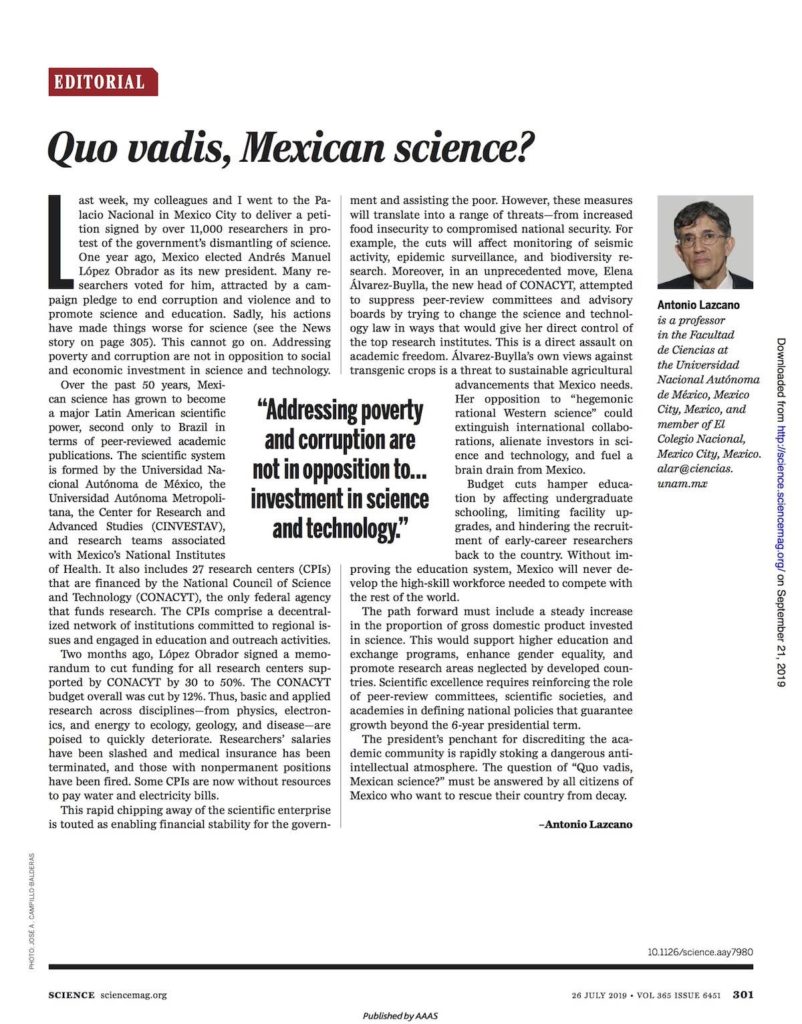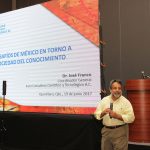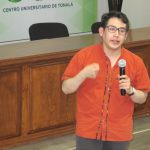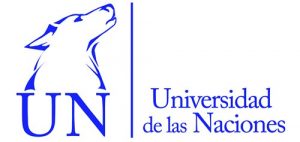Sandra Isabel Jiménez Mateos *
El científico Antonio Lazcano-Araujo Reyes, fue destituido el viernes 20 de septiembre de la Comisión Dictaminadora del Área II del Sistema Nacional de Investigadores (SNI) del Consejo Nacional de Ciencia y Tecnología (Conacyt) -Biología y Química- después de que realizó fuertes criticas a la actual administración de ésta instancia y a la política pública que se lleva actualmente con respecto a la ciencia y la tecnología.
La destitución fue inmediata, pero ni siquiera se la notificaron de forma personal, si no que se hizo mediante un correo electrónico, emitido desde la dirección del SNI, argumentando que se hacia “por dejar de asistir sin causa justificada a reuniones plenarias”.
Con la “finalidad de evitar la impunidad y la laxitud de administraciones pasadas, la Dirección del SNI debe cumplir la normatividad vigente y remover su nombramiento”, agrega el comunicado de la destitución.
La remoción la hizo pública el divulgador científico Martín Bonfil Olivera, quien anotó que “Se trata de un evidente acto autoritario y de una represalia por parte de Álvarez-Buylla ante una crítica a su gestión. Un acto de represión. La comunidad científica no se quedará callada ante este abuso, pues los miembros de las comisiones del SNI son electos por votación y no pueden ser destituidos de manera unilateral”.
El científico emérito de la Universidad Nacional Autónoma de México (UNAM) y coordinador del Laboratorio de Microbiología del Departamento de Biología Evolutiva de esa casa de estudios, Antonio Lazcano, es una de las voces críticas más fuertes dentro de la comunidad científica mexicana y en ese tenor denunció en la prestigiada revista Science, en su edición del 26 de julio, que las medidas tomadas por el Conacyt “han causado graves daños al sistema científico mexicano”.
En ese articulo, denominado “Quo vadis, ciencia mexicana?” menciona los recortes que ha sufrido la Ciencia y la Tecnología con el gobierno de Andrés Manuel López Obrador, principalmente la disminución de presupuesto a los Centros Públicos de Investigación, además de que recalcó cómo el Presidente ha desacreditado a la comunidad académica propiciando una atmósfera anti-intelectual.
En la publicación de Science, Lazcano cuestionó el rumbo de la ciencia mexicana con la Cuarta Transformación, y en particular el actual el de la directora del Conacyt, María Elena Álvarez-Buylla y del director del SNI, Mario de Leo Winkler.
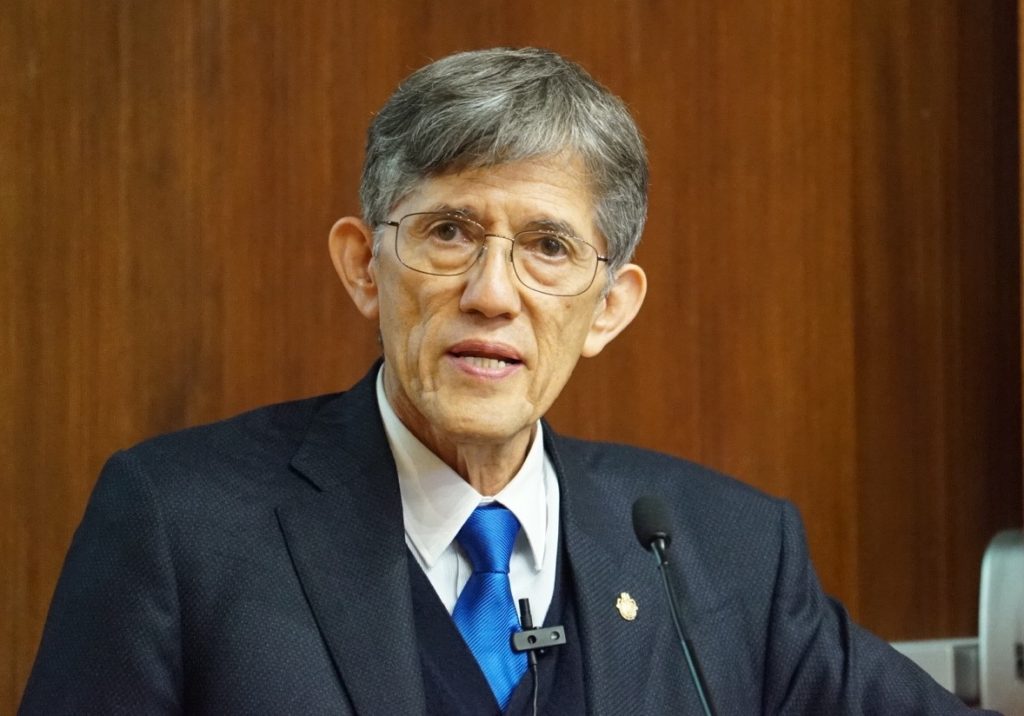
“Hace un año, México eligió a Andrés Manuel López Obrador como su nuevo presidente. Muchos investigadores votaron por él, atraídos por una promesa de campaña para acabar con la corrupción y la violencia y promover la ciencia y la educación. Lamentablemente, sus acciones han empeorado las cosas para la ciencia”, es parte de la publicación en Science.
En ese mismo articulo, también cuestionó los ataques al Foro Consultivo de Ciencia y Tecnología y pidió a Álvarez-Buylla que demuestre las acusaciones de corrupción que ha hecho hacia la comunidad científica de México.
En respuesta, el jueves 19 de septiembre, desde la cuenta de Twitter de Conacyt se difundió una carta (a la cual denominaron articulo) que envió Álvarez-Buylla a Science “En respuesta a las imprecisiones del Dr. Antonio Lazcano (Science 26/7/19) respecto a la ciencia en México”, escribió.
El post tuvo múltiples respuesta, la mayoría de las cuales en tono negativo a la posición del Conacyt.
Éste es el artículo completo de Lazcano en Science:
Last week, my colleagues and I went to the Palacio Nacional in Mexico City to deliver a petition signed by over 11,000 researchers in protest of the government’s dismantling of science. One year ago, Mexico elected Andrés Manuel López Obrador as its new president. Many researchers voted for him, attracted by a campaign pledge to end corruption and violence and to promote science and education. Sadly, his actions have made things worse for science (see the News story on page 305). This cannot go on. Addressing poverty and corruption are not in opposition to social and economic investment in science and technology.
Over the past 50 years, Mexican science has grown to become a major Latin American scientific power, second only to Brazil in terms of peer-reviewed academic publications. The scientific system is formed by the Universidad Nacional Autónoma de México, the Universidad Autónoma Metropolitana, the Center for Research and Advanced Studies (CINVESTAV), and research teams associated with Mexico’s National Institutes of Health. It also includes 27 research centers (CPIs) that are financed by the National Council of Science and Technology (CONACYT), the only federal agency that funds research. The CPIs comprise a decentralized network of institutions committed to regional issues and engaged in education and outreach activities.
Two months ago, López Obrador signed a memorandum to cut funding for all research centers supported by CONACYT by 30 to 50%. The CONACYT budget overall was cut by 12%. Thus, basic and applied research across disciplines—from physics, electronics, and energy to ecology, geology, and disease—are poised to quickly deteriorate. Researchers’ salaries have been slashed and medical insurance has been terminated, and those with nonpermanent positions have been fired. Some CPIs are now without resources to pay water and electricity bills.
This rapid chipping away of the scientific enterprise is touted as enabling financial stability for the government and assisting the poor. However, these measures will translate into a range of threats—from increased food insecurity to compromised national security. For example, the cuts will affect monitoring of seismic activity, epidemic surveillance, and biodiversity research. Moreover, in an unprecedented move, Elena Álvarez-Buylla, the new head of CONACYT, attempted to suppress peer-review committees and advisory boards by trying to change the science and technology law in ways that would give her direct control of the top research institutes. This is a direct assault on academic freedom. Álvarez-Buylla’s own views against transgenic crops is a threat to sustainable agricultural advancements that Mexico needs. Her opposition to “hegemonic rational Western science” could extinguish international collaborations, alienate investors in science and technology, and fuel a brain drain from Mexico.
Budget cuts hamper education by affecting undergraduate schooling, limiting facility upgrades, and hindering the recruitment of early-career researchers back to the country. Without improving the education system, Mexico will never develop the high-skill workforce needed to compete with the rest of the world.
The path forward must include a steady increase in the proportion of gross domestic product invested in science. This would support higher education and exchange programs, enhance gender equality, and promote research areas neglected by developed countries. Scientific excellence requires reinforcing the role of peer-review committees, scientific societies, and academies in defining national policies that guarantee growth beyond the 6-year presidential term.
The president’s penchant for discrediting the academic community is rapidly stoking a dangerous anti-intellectual atmosphere. The question of “Quo vadis, Mexican science?” must be answered by all citizens of Mexico who want to rescue their country from decay. http://www.sciencemag.org/about/science-licenses-journal-article-reuse
This is an article distributed under the terms of the Science Journals Default License.View Abstract
- Investigadora del Instituto de Investigaciones y Estudios Superiores Económicos y Sociales, de la Universidad Veracruzana

